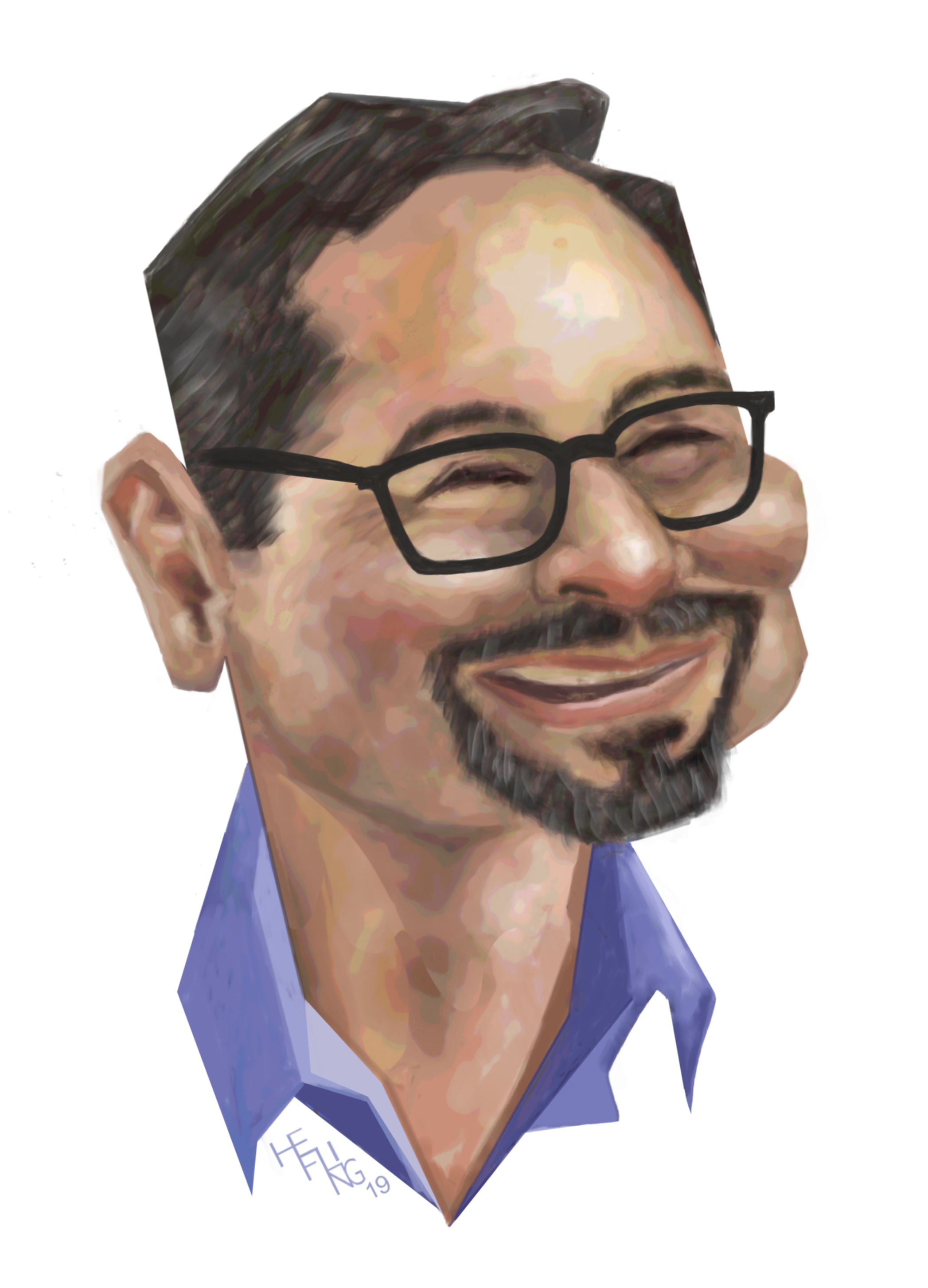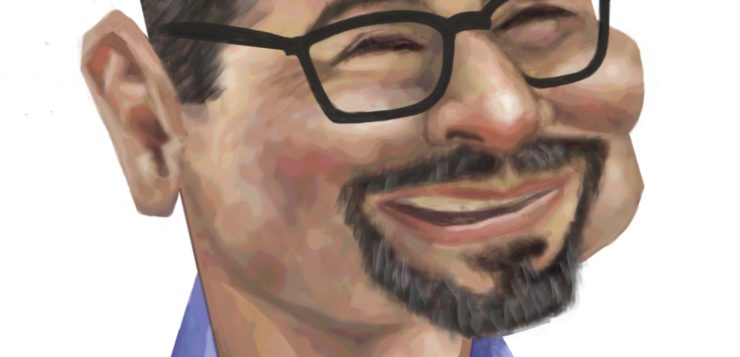 Carved in Bone
Carved in Bone
by Michael Nava
Persigo Press. 366 pages, $25.99
HENRY RIOS, acerbic, gay Latino defense attorney, is back! For longtime fans as well as for readers new to Michael Nava’s groundbreaking mystery series, Henry Rios’ return is cause for celebration. Two decades ago, Nava declared the seven-book Henry Rios series to be complete. He next used his gift for storytelling and his fierce passion for justice to bring Mexican revolutionary history to life in The City of Palaces. But it seems Nava had another compelling Rios novel to write.
Carved in Bone begins as eighteen-year-old Bill Ryan is dumped at a Midwestern bus station, cruelly discarded by homophobic parents. Naïve and bewildered, Ryan becomes part of the 1970s tidal wave of gay immigrants to San Francisco. In telling Ryan’s story, including his sexual education, Nava evokes a diverse gay community with portraits of memorable originals, people who carve out new lives in a free-spirited city.
Cut to November 1984, and to attorney Henry Rios in a San Francisco stalked by the virus and demeaned by the Reagan administration’s turned back. Rios, newly out of rehab, still raw, grieving the lover he has lost to AIDS and needing a job, reluctantly accepts work as an insurance claims investigator. His assigned case, Bill Ryan’s apparently accidental death from a leaky gas line, at first seems open-and-shut. But Rios is not so sure. Ryan is survived by his young lover and sole heir, Nick, who, having managed to escape the gas-filled house, refuses to accept Ryan’s substantial estate. Rios—like his fictional predecessor, Dave Brandstetter, crime writer Joseph Hansen’s gay claims investigator—is tough-minded and astute, with an instinct for what doesn’t fit and a drive to find the truth.

Slowly building suspense, the novel alternates between the lives of Bill Ryan and Henry Rios, between two decades, and between Ryan’s story and Rios’ first-person viewpoint. The two men’s lives serve as foils for one another. Despite parallels (each is an outsider with a much younger lover, each has a history of alcohol abuse), their paths are strikingly different. Ryan, weighed down by his baggage of fear and shame, remains emotionally isolated despite his ambivalent involvement with the gay community. Rios has the desire to live consciously and a willingness to embrace his life, flawed as it is. His recovery from alcoholism is a path to self-awareness and hope.
Bill Ryan lacks the gift of self-reflection. His need to feel in control of himself and others leads to choices that backfire spectacularly. Although he succeeds financially, his character is shaped and haunted by internalized homophobia. Conventional behavior alternates with alcohol-fueled acting out that intensifies his self-loathing.
Like Rios’ world-weary fictional antecedents, iconic outsider heroes such as Sam Spade and Philip Marlow, Rios is vividly embodied in the rhythms of Nava’s prose. Rios’ insights are elegantly terse punches in the gut. But Nava has expanded the conventions of noir fiction. Latino and unapologetically gay, Rios is more familiar with the sufferings of the underdogs he chooses to defend than was Spade or Marlow. He’s acutely observant of class and privilege, with a sharp eye for corruption in both individuals and institutions. Like his hard-boiled predecessors, he’s a moral touchstone, but he’s angrier than they were. Nava’s writing doesn’t preach. It has the force of understatement, holding powerful emotions under pressure.
The story Nava tells in Carved in Bone, his ninth Rios mystery, can be read between the first two books in the series or, like the others, can easily stand on its own. Wherever one enters the world Nava has made in these books, the pleasures of his prose are consistent. Nava’s writing is lucid, crisp, and full of tension. Characters, even very minor ones, come alive. Scene-setting descriptions have a lyric intensity that is integral to the story. In fact, everything Nava includes––whether an explicitly detailed erotic scene or a vulnerable alcoholic’s phone call with his AA sponsor––comes from character and deepens the sense of the inevitability of this world.
Joan Larkin’s fifth book of poems is titled Blue Hanuman (Hanging Loose Press).






